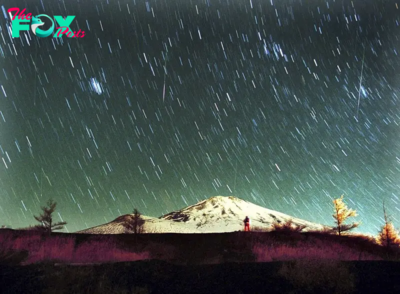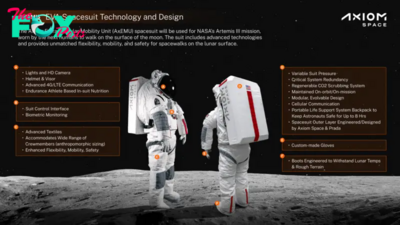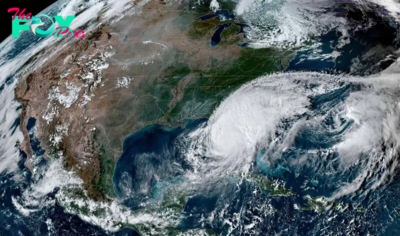Science
How much does Earth weigh?
Our planet holds everything from hard rocks and minerals to millions of species of living things, and is covered in countless natural and human-made structures.
So how much does all of that weigh? There's no single answer to that question. Just like humans weigh much less on the moon than we do at home, Earth doesn't have just one weight. Earth's weight depends on the gravitational force pulling on it, which means it could weigh trillions of pounds or nothing at all.
What scientists have spent centuries determining, however, is Earth's mass, which is its resistance to movement against an applied force. According to NASA, Earth's mass is 5.9722×1024 kilograms, or around 13.1 septillion pounds. This equates to around 13 quadrillion of Egypt's pyramid of Khafre, which itself weighs around 10 billion pounds (4.8 billion kilograms). The Earth's mass fluctuates slightly due to the addition of space dust and gases leaking out of our atmosphere, but these tiny changes won't affect Earth for billions of years.
Physicists around the world still don't agree on the decimals, though, and getting to that grand total has been no easy task. Because it's impossible to put Earth on a scale, scientists had to triangulate its mass using other measurable objects.
Related: How do we know how old Earth is?
The first component was Isaac Newton's law of universal gravitation, Stephan Schlamminger, a metrologist at the U.S. National Institute of Standards and Technology, told Live Science. Everything that has mass also has a gravitational force, meaning any two objects will always have some force between them.
Newton's law of universal gravitation states that the gravitational force between two objects (F) can be determined by multiplying the respective masses of the objects (m₁ and m₂), dividing by the distance between the centers of the objects squared (r²), and then multiplying that number by the gravitational constant (G), otherwise known as the intrinsic strength of gravity, or F=G((m₁*m₂)/r²).
-

 Science1d ago
Science1d agoInside Capitol Hill’s Latest UFO Hearings
-

 Science1d ago
Science1d agoYou Won’t Want to Miss the Leonid Meteor Shower. Here’s How and When You Can See It
-

 Science2d ago
Science2d agoHere’s What Trump’s Win Means for NASA
-

 Science5d ago
Science5d agoWhy Risky Wildfire Zones Have Been Increasing Around the World
-

 Science5d ago
Science5d agoIt’s Time to Redefine What a Megafire Is in the Climate Change Era
-

 Science1w ago
Science1w ago4 Astronauts Return to Earth After Being Delayed by Boeing’s Capsule Trouble and Hurricane Milton
-

 Science1w ago
Science1w agoThe Elegance and Awkwardness of NASA’s New Moon Suit, Designed by Axiom and Prada
-

 Science1w ago
Science1w agoSpaceX Launches Its Mega Starship Rocket. This Time, Mechanical Arms Catch It at Landing



























